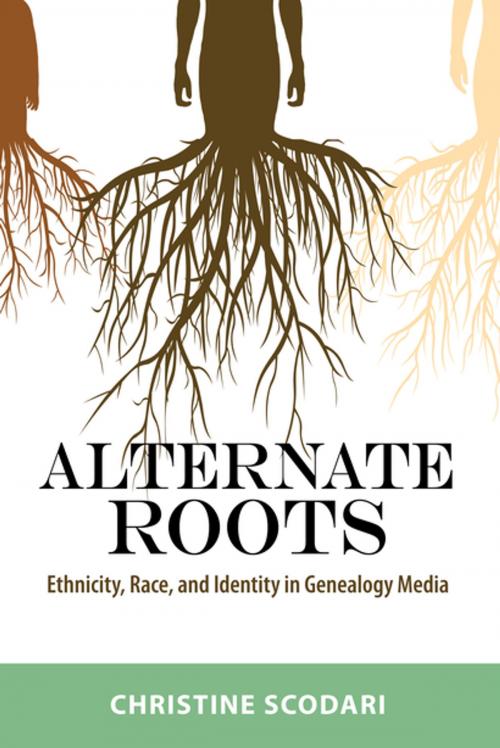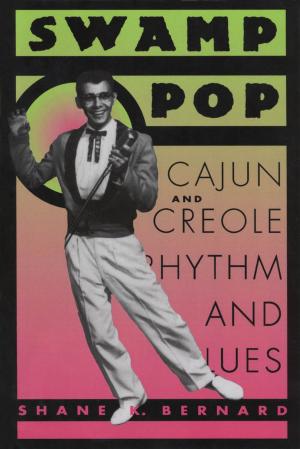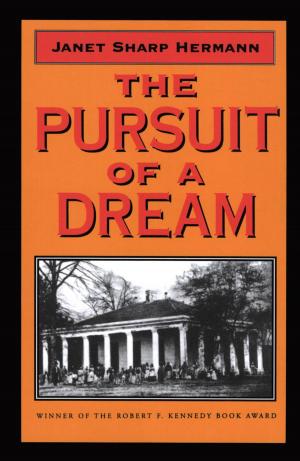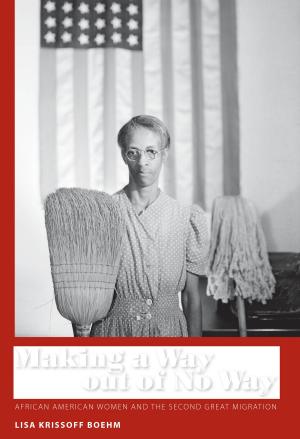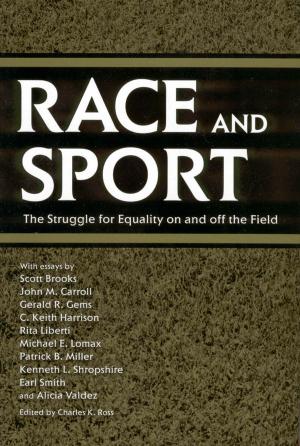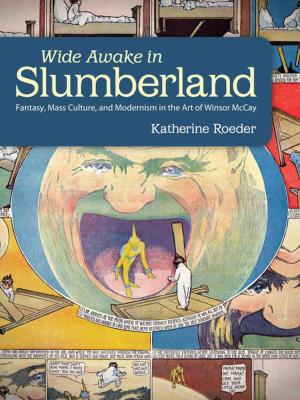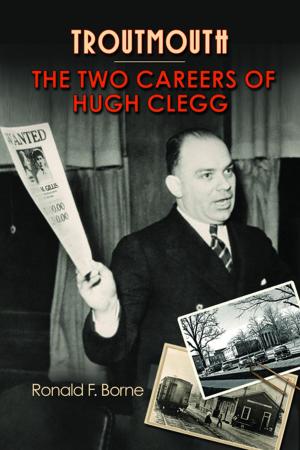Alternate Roots
Ethnicity, Race, and Identity in Genealogy Media
Nonfiction, Social & Cultural Studies, Social Science, Cultural Studies, Ethnic Studies, Gender Studies, Sociology| Author: | Christine Scodari | ISBN: | 9781496817792 |
| Publisher: | University Press of Mississippi | Publication: | June 14, 2018 |
| Imprint: | University Press of Mississippi | Language: | English |
| Author: | Christine Scodari |
| ISBN: | 9781496817792 |
| Publisher: | University Press of Mississippi |
| Publication: | June 14, 2018 |
| Imprint: | University Press of Mississippi |
| Language: | English |
In recent years, the media has attributed the surge of people eagerly studying family trees to the aging of baby boomers, a sense of mortality, a proliferation of internet genealogy sites, and a growing pride in ethnicity. New genealogy-themed television series and internet-driven genetic ancestry testing services have also flourished, capitalizing on this new popularity and on the mapping of the human genome. But what's really happening here, and what does this mean for sometimes volatile conceptions of race and ethnicity?
In Alternate Roots, Christine Scodari engages with genealogical texts and practices, such as the classic television miniseries Roots, DNA testing for genetic ancestry, Ancestry.com, and genealogy-related television series, including those shows hosted by Henry Louis Gates Jr. She lays out how family historians can understand intersections and historical and ongoing relations of power related to the ethnicity, race, class, and/or gender of their ancestors as well as to members of other groups. Perspectives on hybridity and intersectionality make connections not only between and among identities, but also between local findings and broader contexts that might, given only cursory attention, seem tangential to chronicling a family history.
Given the genealogy-related media institutions, tools, texts, practices, and technologies currently available, Scodari's study probes the viability of a critical genealogy based upon race, ethnicity, and intersectional identities. She delves into the implications of adoption, orientation, and migration while also investigating her own Italian and Italian American ancestry, examining the racial, ethnic experiences of her forebears and positioning them within larger contexts. Filling gaps in the research on genealogical media in relation to race and ethnicity, Scodari mobilizes cultural studies, media studies, and her own genealogical practices in a critical pursuit to interrogate key issues bound up in the creation of family history.
In recent years, the media has attributed the surge of people eagerly studying family trees to the aging of baby boomers, a sense of mortality, a proliferation of internet genealogy sites, and a growing pride in ethnicity. New genealogy-themed television series and internet-driven genetic ancestry testing services have also flourished, capitalizing on this new popularity and on the mapping of the human genome. But what's really happening here, and what does this mean for sometimes volatile conceptions of race and ethnicity?
In Alternate Roots, Christine Scodari engages with genealogical texts and practices, such as the classic television miniseries Roots, DNA testing for genetic ancestry, Ancestry.com, and genealogy-related television series, including those shows hosted by Henry Louis Gates Jr. She lays out how family historians can understand intersections and historical and ongoing relations of power related to the ethnicity, race, class, and/or gender of their ancestors as well as to members of other groups. Perspectives on hybridity and intersectionality make connections not only between and among identities, but also between local findings and broader contexts that might, given only cursory attention, seem tangential to chronicling a family history.
Given the genealogy-related media institutions, tools, texts, practices, and technologies currently available, Scodari's study probes the viability of a critical genealogy based upon race, ethnicity, and intersectional identities. She delves into the implications of adoption, orientation, and migration while also investigating her own Italian and Italian American ancestry, examining the racial, ethnic experiences of her forebears and positioning them within larger contexts. Filling gaps in the research on genealogical media in relation to race and ethnicity, Scodari mobilizes cultural studies, media studies, and her own genealogical practices in a critical pursuit to interrogate key issues bound up in the creation of family history.
